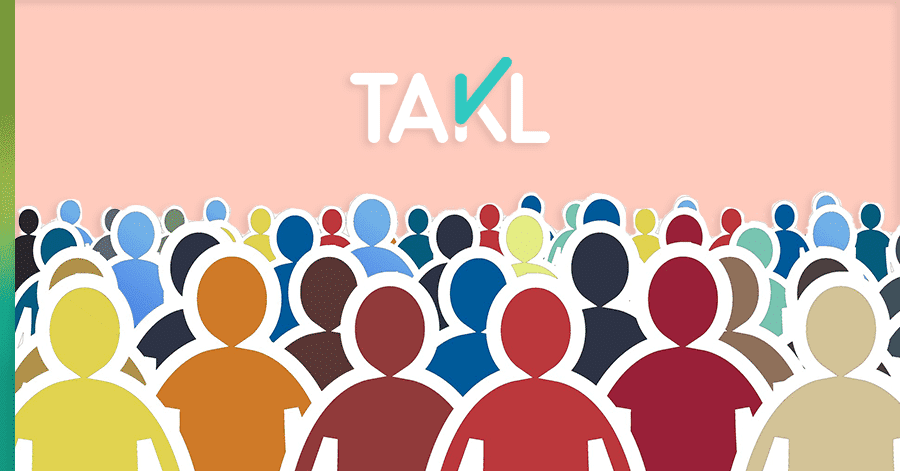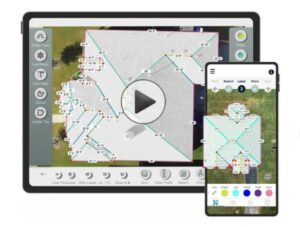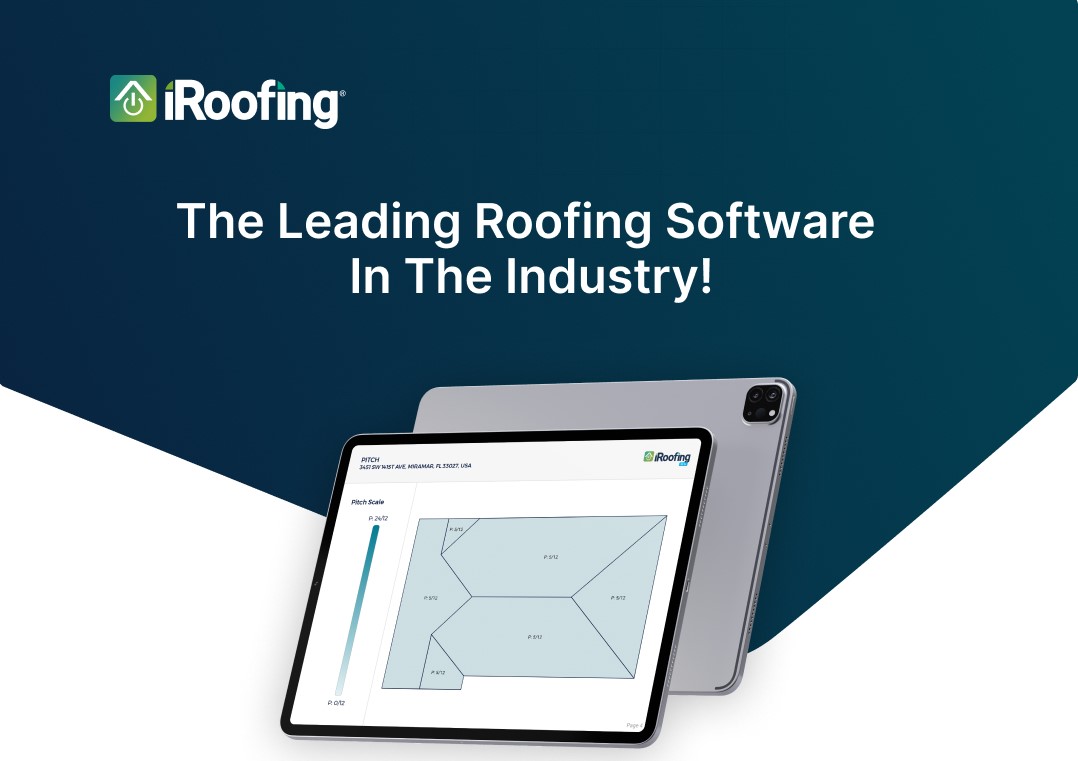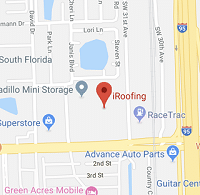Roofing Lead Generation
It’s frustrating, isn’t it? You’re a hard-working contractor who’s continually looking for the best way to bid more jobs and close more sales. You need leads and you’re trying everything in the book to get them. Maybe you’re one of the fortunate few who have built such a sterling reputation that enough new business comes knocking at your door, but for most building contractors it’s a dog-eat-dog world. You’ve got to hustle. You’ve gotta earn it. Customers don’t just fall from the sky!
With the growth of the internet has come an onslaught of Home Services Networks with alluring offers that promise you wheelbarrows full of “high-intent” leads. You don’t have to hustle to get them either. Technology will do all that for you. But, you’ll have to pay. In no time you’ll have qualified leads dying to hire you to replace their roof, right? Not so fast.
All those lead engines out there aren’t the same. In some cases, no one’s minding the store… Roofing contractor leads are often generated with little discretion as to how qualified they are and how selective the site is about accepting contractors onto their platform. Like the early days of Angie’s List, some Home Services Networks enforce rigorous standards, while others just systematically churn out leads and distribute them to contractors that went through little or not vetting… It’s just a pure pay-to-play.
Some lead peddlers even give consumers a free “ballpark” estimate on a roof replacement. The consumer just has to give their street address and contact information to the website. From that point, they deal with a website agent who pairs them with a roofing contractor. If the contractor gets the job, they have to split their proceeds with the HSN at 10% or more of project profit.
Not that long ago there were just a handful of web-based platforms that helped consumers connect to reputable service providers. Angie’s List used to lead the way. In 1999, Angie Hick’s launched a model built on her genuine desire to help property owners find reliable contractors, using past customer endorsements and other qualifying criteria. Contractors could rest assured knowing consumers who shopped on Angie’s List were pretty serious about replacing their roof or whatever the job was that they needed done.
With the success of Angie’s List copycats began to emerge. Today, thanks to the expansion of the internet; tech-driven start-ups fueled by big venture capitalist bucks; and a ton of Johnny-come-latelies looking to establish a slightly different niche in the same lead-gen blood sport, contractors don’t always know where to invest their hard earned marketing dollars.
Roofing lead generation models
We categorized the different roofing lead generation sites into four groups. In ecommerce circles, all four of these models fall under the main umbrella—Home Services Networks, HSNs. Here they are…
- Consumer Connection Revenue-based HSNs
- Transaction Fee-based HSNs
- Membership/Subscription-based HSNs
- Advertising-based HSNs

1. Consumer Connection Revenue-based HSNs
HOW IT WORKS
There are many HSNs that fall into this business model. For a price-per-lead, they match contractors with consumers who’ve indicated that they might need a roof replacement. As with any platform of this nature, there is a possibility leads have not been thoroughly pre-screened and the contractors aren’t always carefully selected.
EXAMPLES:
HomeAdvisor— Consumers share their contact info on HomeAdvisor, which then finds contractors for the work they need done. Then, HomeAdvisor sells those leads ($40, $50, the cost can vary) to contractors who are registered on their platform.
Angie’s List— Since merging with HomeAdvisor, Angie’s List still links customers to contractors that can perform the services they need. Before the merger, Angie’s list was more conscientious about screening the service providers they recommended to property owners.
CraftJack— Contractors only pay for leads they receive which are based on the task needed by the consumer and their service area. There are no monthly subscription or sign-up fees. Lead prices vary by task and service area.
Modernize— Homeowners request quotes online. Modernize confirms the homeowner’s details, then sends the contractor the lead ($35-$65 per lead). The contractor contacts the homeowner and tries to close the sale.

2. Membership/Subscription-based HSNs
HOW IT WORKS
Contractors pay a set subscription fee and when your company listing garners engagements, you get the leads. Sometimes the platform manages the lead until it’s determined that they are fully qualified and ready for you to close the sale.
EXAMPLES:
Directorii — Every contractor listed on Directorii has to pass a background check and extensive evaluation. When a property owner chooses a Directorii contractor, their customer is backed by a $20,000 warranty that covers workmanship-related issues. This warranty serves as an effective marketing and sales tool for the contractor. Contractors pay a $500 annual fee, which covers the expense involved in Directorii building a branded landing page for the roofing contractor. When a contractor secures a job from Directorii, a 3% commission goes to Directorii. If Directorii fails to generate a lead that convert to a sale for a contractor, the $500 fee is waived for the following annual membership period. Directorii is the brainchild of Demitry Lipinskiy – founder of Roofing Insights.
Roofx.co— Roofx is a totally unique platform that values itself on thoroughly qualifying leads. Consumers are incentivized to complete a survey describing their roofing needs. Then, a Roofx representative reaches out to the lead to conduct another qualification assessment and books a roof inspection with a contractor. Contractors that are part of Roofx pay a subscription fee, plus support a co-op advertising program. By the time the contractor works the lead, the consumer’s purchase intent for a roof replacement is already very high.

3. Transaction Fee-based HSNs
HOW IT WORKS
Unlike Consumer Connection Revenue-based HSNs (#1) which charge you a fee-per-lead, transaction fee-based HSNs take a percentage from the contractor’s payment when a job is completed. Beware – this can get expensive.
EXAMPLES:
RoofClaim— RoofClaim connects contractors with consumers presumably needing roof work. RoofClaim doesn’t sell these leads but rather takes a commission for the project after the quote is accepted by the property owner. The work is guaranteed and the customer has a 5-year labor warranty coverage.
Porch— Porch has reviews and listings from contractors across the country. They have a network of vendors that will do all types of home service and repair work. Consumers negotiate job costs with a Porch agent, not with the contractor. The contractor then shares a percentage of his or her profit with Porch.

4. Advertising-based HSNs
HOW IT WORKS
These HSNs usually feature content about home design, remodeling, landscaping, and architecture. To promote your services, you can invest in Ad banners or priority placement on a website.
EXAMPLES:
Houzz— Houzz does not sell leads. Contractors pay to appear on Houzz Pro+ and advertising costs vary depending on the category (i.e., Roofing & Gutter), and the region in which a contractor operates. Advertising/listing costs are generally $300-$600 per month.
Networx— This is more of a standard PPC (pay-per-click) advertising model. Homeowners use the site to find local professionals. Networx collects details on the type of work they need. This info is sent to contractors via text and email, in real time. Contractors start by putting a balance in their Networx account, i.e. $400. This gradually depletes as leads are acted upon by the contractor. (Lead cost varies but figure $40 per)
Nextdoor— Contractors join Nextdoor to make community connections and grow their local customer base. They can promote their listings and advertise within their zip codes by purchasing a Neighborhood Sponsorship on Nextdoor. They can also advertise special offers to Nextdoor members in their area.
BBB— While the Better Business Bureau keeps track of all types of businesses and grades them according to their trustworthiness. Consumers can search for roofing contractors and find companies that meet the standards of the Bureau. It is believed that companies which pay BBB for accreditation get priority status in the search results, but this is disputed by the BBB. Companies can also generate leads through digital advertising on the BBB website.
If you choose carefully, you may find a Home Services Network that really works well for you. First, try to understand the business model of the platform. It’s critical that you know exactly what you’re getting into.
Questions to Ask
- For HSNs that require a cut of your profit (see #3 above), it’s important to understand exactly how much money they are going to take and to consider the impact such a commitment will have on your project’s bottom line.
- Are you willing to have a third-party provide leads with “ballpark” roof replacement estimates? Keep in mind, this may limit what you can charge the property owners.
- Does the HSN verify the contact information of the leads you are buying? If not, you might get a lot of phone numbers and email addresses that don’t pickup or respond.
- Are the leads you’re buying really people on the verge of purchasing a new roof? Exactly how did they indicate their purchase intent?
- Will other contractors be given the same leads, or are they exclusively yours?
- Is the HSN partnering with certified, licensed roofing pros? If not, you might be competing with dubious companies willing to low-ball on bids.
- Read the HSN’s terms & conditions, as well as their privacy policy! If the HSN shares your data, you could be bombarded with solicitations from advertisers.
Go forth with confidence by gaining clear insight into how your HSN makes money. Know your cost per lead acquisition… is it really worth it? Above all, avoid sharing your profit with a nameless, faceless intermediary no matter what “free” service they promise, until you’ve read and are comfortable with all the fine print!




















